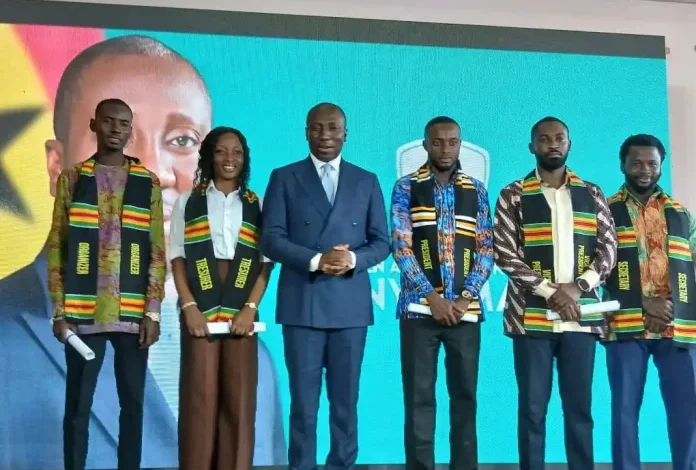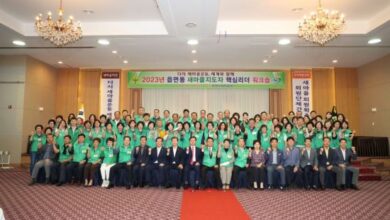Minority Leader Champions Youth Leadership at University Forum

Parliamentary Minority Leader Alexander Afenyo-Markin has urged Ghanaian youth to embrace technology-driven leadership and reject partisan politics that undermines national progress, during an address at the University of Education, Winneba (UEW) Young Commons Forum on Friday, September 19, 2025.
Speaking to university students and young professionals, Afenyo-Markin shared his entrepreneurial journey from business setbacks to parliamentary leadership, emphasizing that challenges serve as stepping stones rather than obstacles to success.
The Effutu Member of Parliament recounted his early business ventures in logistics and transport, including operations involving bauxite and limestone transportation across the region. He described facing financial difficulties that nearly led to losing his home and required his children to use taxis for school transportation after losing personal vehicles.
Afenyo-Markin detailed how he overcame multiple bank debts and business failures through perseverance and strategic rebuilding. His business empire reportedly included Excel Coral Investment and various transport operations, demonstrating the entrepreneurial path that preceded his political career.
The Minority Leader criticized the destructive nature of partisan politics in Ghana, arguing that political leaders sometimes prioritize opposing rivals over implementing beneficial policies. He called for collective demands for accountability from elected officials regarding critical issues including youth unemployment and economic empowerment.
Technology integration emerged as a central theme in Afenyo-Markin’s address, where he emphasized the need for leaders capable of navigating digital transformation and uncertainty. He cited international examples including Kenya’s M-Pesa mobile money system, South Korea’s technology revolution, Singapore’s educational investments, and Ethiopia’s aviation and renewable energy developments.
Ghana’s homegrown innovation in financial technology, agriculture, and creative arts received recognition during the speech, with Afenyo-Markin highlighting successful youth-driven enterprises as examples of untapped potential waiting for appropriate support and opportunities.
The parliamentary leader positioned education as fundamental to effective leadership, advocating for curriculum reforms that integrate project-based learning, communication skills, collaborative approaches, civic participation, and global perspective exposure.
UEW’s role as Ghana’s premier teacher training institution received special attention, with Afenyo-Markin emphasizing the university’s responsibility to multiply knowledge through classroom instruction and community engagement across the nation.
The speech forms part of ongoing Young Commons Forum activities aimed at inspiring youth leadership development. Earlier forum sessions included discussions about responsible social media usage for governance accountability and transparency promotion.
Afenyo-Markin’s message resonated with current debates about Ghana’s democratic trajectory and the role of emerging leaders in addressing systemic challenges. His emphasis on character-driven leadership over political promises aligns with broader discussions about governance quality and institutional effectiveness.
The Minority Leader’s business background provides credibility for his entrepreneurship advocacy, having previously disclosed receiving over $15 million in bank loans for business expansion before entering politics. His financial transparency regarding past debt obligations and wealth accumulation through legitimate business ventures supports his credibility on economic issues.
Political analysts note that Afenyo-Markin’s youth engagement strategy reflects broader opposition efforts to connect with emerging voters who will influence Ghana’s democratic future. His technology focus addresses growing recognition of digital transformation’s importance for national competitiveness.
The forum’s timing coincides with increasing youth activism on governance issues and demands for greater accountability from political leadership across party lines. Such engagement reflects healthy democratic participation that transcends partisan boundaries.
Educational institutions like UEW serve as crucial venues for political dialogue that emphasizes policy substance over partisan rhetoric, providing platforms for constructive engagement between political leaders and future civic participants.
Source link




